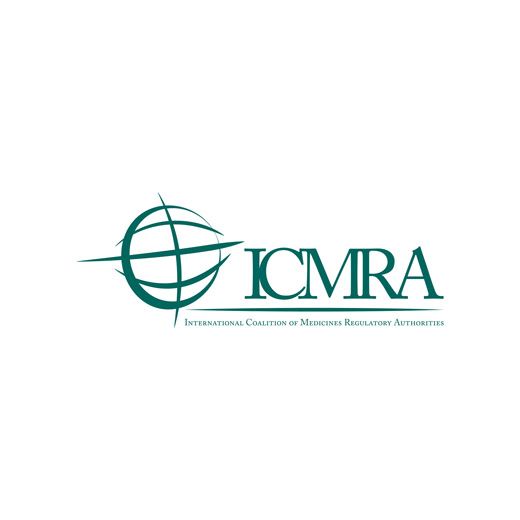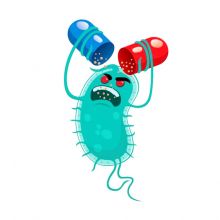Statement from global medicines regulators on combatting antimicrobial resistance
19.08.2019

The International Coalition of Medicines Regulatory Authorities (ICMRA) is committing its support, in collaboration with the World Health Organization (WHO), for the fight against antimicrobial resistance (AMR)1.Antimicrobials are essential to the delivery of modern healthcare. The WHO has declared AMR to be one of the top ten threats to global public health. It threatens our ability to treat even the most minor infections, and could seriously compromise surgical procedures and other advanced and life-saving medical interventions. It is a major threat to global public health, economic prosperity and security. Without action, it is estimated that AMR will result in a loss of USD$100 trillion of economic output and 10 million lives worldwide each year by 2050.
It is crucial that we preserve the antimicrobials currently available by preventing infections and by reducing their overuse and misuse, which promotes resistance, while ensuring global access to antimicrobials for those in need. There is also a need for innovative new therapies and technologies to help prevent, diagnose and treat infections.
ICMRA recognizes that AMR is a complex, multi-faceted problem, and is calling for a coordinated, One Health response across all sectors, including public health, animal health, and the environment. Its member medicines regulators from around the globe have united with the WHO to strongly encourage policy makers, industry, academia, healthcare professionals, non-governmental organizations, media organizations, and the public to come together to:
- minimize the emergence and spread of AMR;
- continue advances in antimicrobial surveillance, infection prevention and control, and stewardship;
- prioritize the development of innovative new medicines and other therapeutic products that will help combat AMR, including diagnostics and alternatives to antimicrobials;
- ensure equitable access to antimicrobials across the globe; and
- minimize the release of substances with antimicrobial properties into the environment.
There are unique challenges facing the development, commercialization and viability of products that tackle AMR, and there is a need for modern regulatory systems that can adapt to these needs. Medicines regulators therefore commit to work together to streamline regulatory requirements, without compromising the quality, efficacy and safety review of these products. We also commit to develop processes that facilitate the review of emerging technologies, such as phage therapy6and point-of-care diagnostics. We invite research and development stakeholders to seek advice at any time from medicines regulators for help navigating regulatory systems and to identify emerging challenges specific to the issue of AMR. While global medicines regulators are fully prepared to continue to take action to address this public health threat, they are encouraging other partners to do their part to address this One Health issue:
- ICMRA calls on leaders of industry to increase their collective investment in research and development. There is a dire need for new antimicrobials that will work when all other options fail, for alternatives to antimicrobials so that their use can be minimized, and for diagnostic products that facilitate prudent and appropriate use. Infection prevention and control is the foundation of modern healthcare and innovation to combat AMR must coincide with advancements in other areas to ensure a stable global health system.
- ICMRA calls on all health care practitioners, in both human and animal health, to prioritize the appropriate use of antimicrobials and incorporate responsible antimicrobial prescribing principles into clinical practice. The WHO has developed the AWaRe tool to help guide decision-making on which antibiotic to use when.
- ICMRA calls on global health leaders to come together with industry to determine the most effective way to address the economic issues surrounding new product development to incentivize innovation and implement required changes.
- ICMRA also calls for continued research in all aspects of AMR, including continual monitoring of the effectiveness of existing antimicrobial agents and conducting active surveillance of emerging antimicrobial resistance.
- ICMRA calls on media organizations around the globe to keep AMR at the forefront of the news cycle and to help increase public awareness of this issue. AMR is one of the largest global threats to public health and the public needs to be aware of what is at stake and what individuals can do to combat this health threat.
We all have a role to play in combatting AMR. A coordinated effort from all partners is essential to ensuring our success in addressing this threat to our health, economies and security. Lives around the world depend on it.
Source:www.icmra.info
Other news

